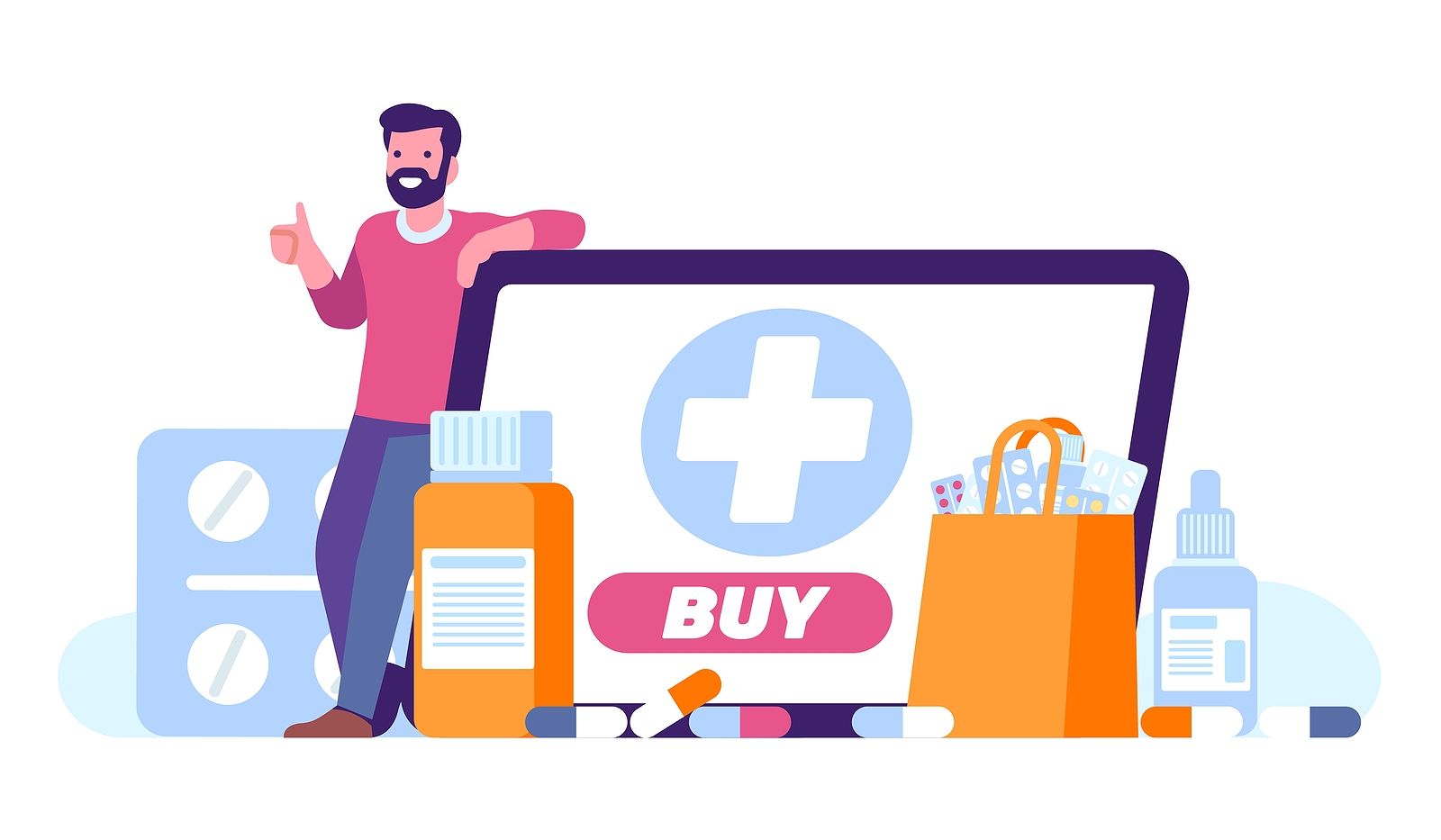
Wicked World Update #4576: For years, Big Pharma has been able to go directly to America’s Joe and Jane Public to tell them of their companies’ wonderful offerings.
Suitably impressed, the patient pressures the doctor to write out a prescription for the drug. It’s called direct-to-consumer (DTC) advertising, and it’s been a staple of TV and newspaper advertising since the 1980s in the US (and, oddly, also in New Zealand).
But now it’s a global free-for-all with social media platforms dissolving borders. DTC has become an international phenomenon, and the tub-thumping newspaper columnist has made way for the influencer on platforms such as China’s TikTok (soon to be banned in a country near you) and Elon Musk’s Twitter.
Needless to say, it was the arch-trendsetter Kim Kardashian who, true to form, set the trend way back in 2015 when she told her millions of devotees about the wonders of the morning sickness drug Diclegis.
Even the fusty Food and Drug Administration (FDA) was startled and awoke from its deep slumbers to admonish Kim and remind her that she should have also mentioned the drug’s long list of side-effects, which include blurred vision, headaches and insomnia. More serious reactions can include confusion, irregular heartbeat and seizure.
Kim took down the post, but the trail had been blazed. TikTok influencers have recently been pushing the anti-diabetes drug Ozempic as a way to lose weight. It’s a dangerous drug that can cause thyroid tumors and other cancers. Its recommended use as a weight-loss therapy is reckless, and the posts have created a worldwide shortage of the drug, with diabetics who depend on it suddenly unable to get supplies.
So, why are influencers pushing drugs like Ozempic and Diclegis? A research team from the University of Colorado at Boulder interviewed 26 influencers who had a chronic health problem, including lupus, fibromyalgia, Parkinson’s and asthma, and were taking prescription drugs to control symptoms.1
Eighteen of them had ties to the pharmaceutical company that was producing their drug, and some were posting company press releases directly to their followers without editing.
Erin Willis, one of the researchers, found the 26 participants through Health Union, a “patient-led” community created by, er, Big Pharma 10 years ago. Health Union is a meeting place for patients to tell newbies about their experiences, providing “more meaningful ways for healthcare industry partners to understand, reach and engage people living with chronic conditions,” its website chirrups.
There are lots of problems with this. Health Union is in the vanguard of a new type of marketing vehicle known as “patient influencers,” a Big Pharma version of “Come on in, the water’s lovely.” It’s DTC, but the message is from the patient, not the drug company. “The fact that patients with no medical training are broadly sharing drug information should alarm us,” said Erin.
Health Union is essentially a front for Big Pharma, which is presumably controlling the messages, and it’s being used by influencers who have in turn already been influenced by the drug companies.
When DTC marketing started in the US, it was controversial, and rightly so, but now we’re all exposed to these marketing messages. DTC’s evolution raises ethical questions that “need more investigation,” says Erin.
Indeed it does, but Erin shouldn’t hold her breath. Health agencies seem very relaxed about patient-led DTC, and the owners of the social media platforms are content to ban, block and downgrade only those voices that question the standard narrative.
Yes, this includes yours truly, and articles on our website now appear on page 47 of Google’s organic search results although, before it changed its algorithms to positively discriminate against all alternative medicine, we often appeared on the first page. Our posts on Facebook and the like have been blocked, and our advertisements have been rejected.
Since Covid arrived, Big Pharma has been enjoying a golden period as a savior of mankind through its rushed and poorly tested vaccines. Regulators, aided by mainstream media, are desperately trying to keep a lid on reports of deaths and long-term harms the vaccines have caused, and with the help of social media and patients with ties to drug companies, it will be a while before the true picture emerges.
Now, where did I put that book on critical thinking?
|
References |
|
|
1 |
J Med Internet Res, 2023; 25: e41867 |